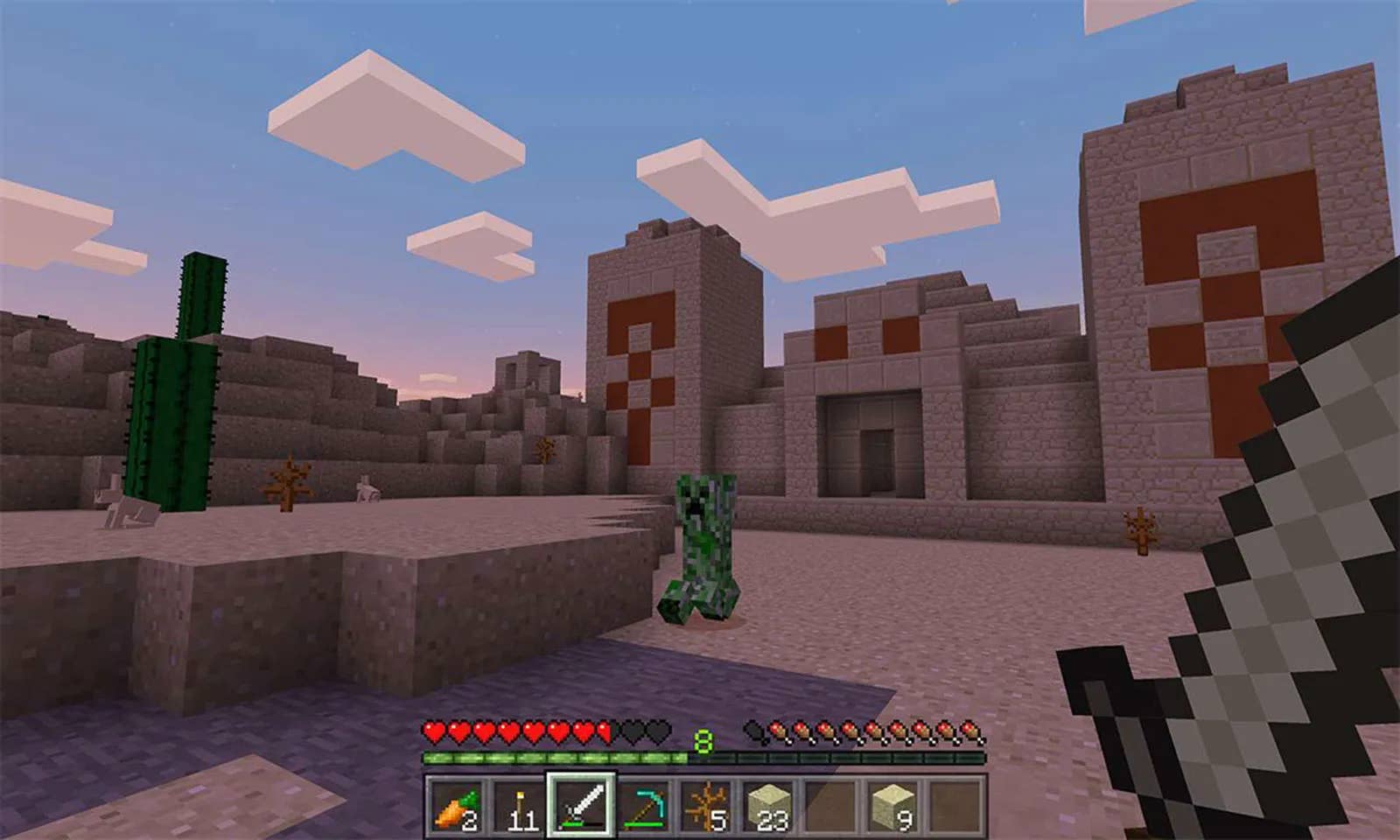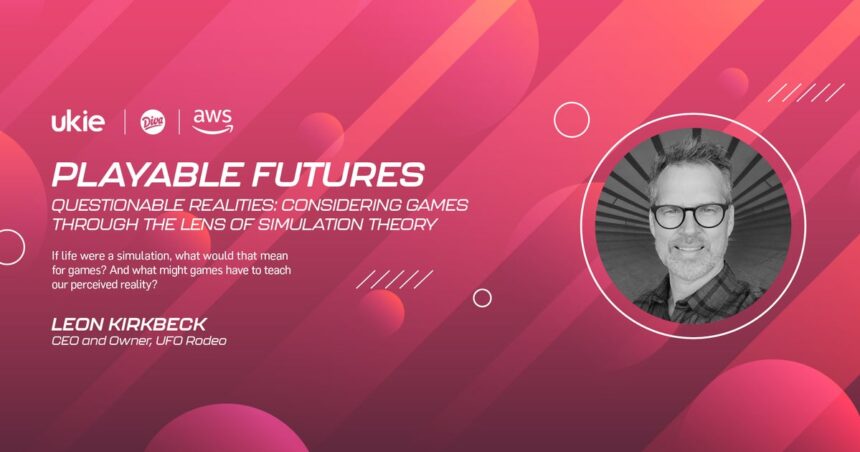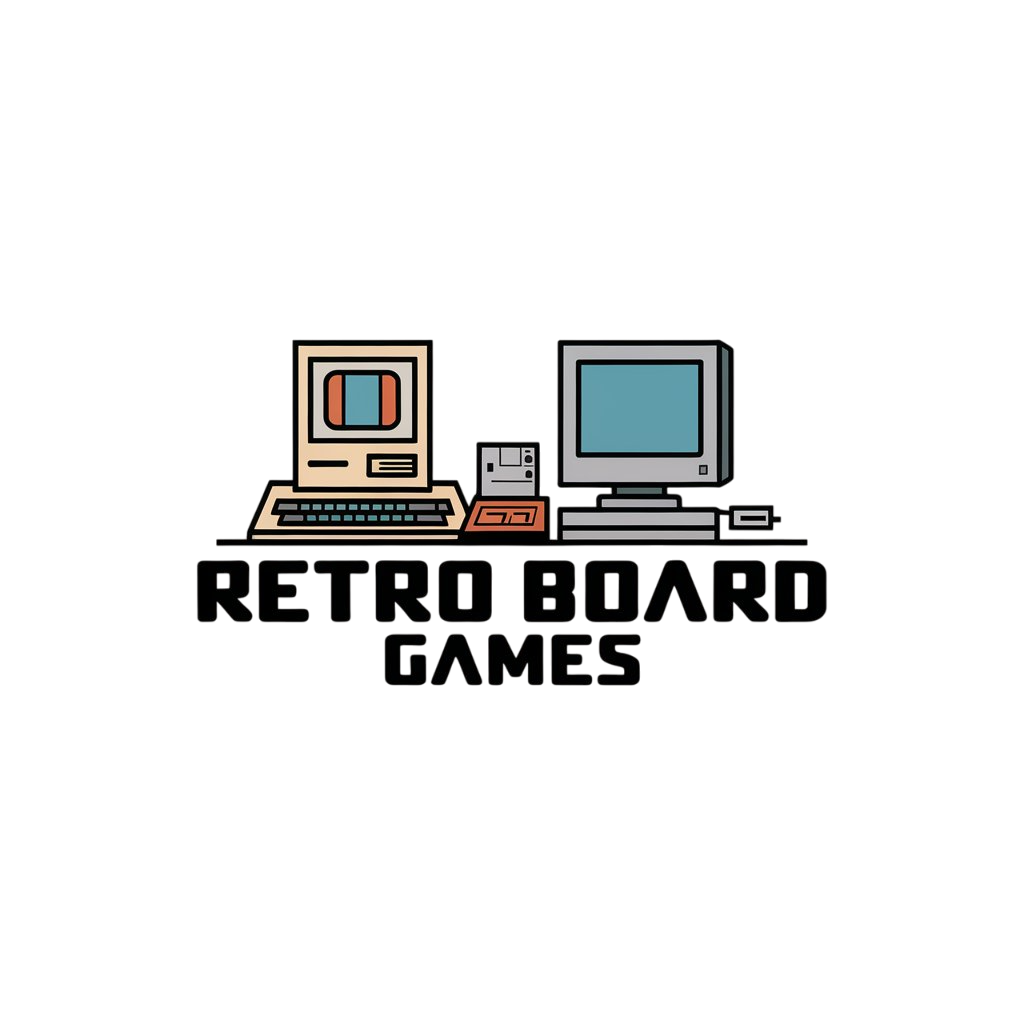This series of Playable Futures articles considers how the design, technology, people, and theory of video games are informing and influencing the wider world. For this series’ final entry, we’re going with something a little more leftfield.
Is life a simulation? Would that make god a game designer? Could heaven be a game lobby? Are memories of past lives something like the ghost cars of Gran Turismo? Are coincidences easter eggs? Are paranormal entities like ghosts simply bugs in the code? Is sleep a way to manage load on the busiest servers? And if this is all a simulation, who’s making the video games – and why?
These are the kinds of questions that emerge when you apply the concepts of ‘simulation theory’ to an analysis of what games are.
Simulation theory – or ‘simulation hypothesis’, to give it its proper academic name – is something Leon Kirkbeck has put a lot of thought into. It’s something that insists on coming up across the many projects he’s involved with.
He’s co-creator, co-host, and producer of The Cryptid Factor, which looks at ‘all things weird that are yet to be defined by science’ – think cryptozoology, UFOs, and other paranormal happenings.
He’s also CEO and owner of UFO Rodeo, which gathers a creative collective of storytelling focused agencies – and has variously served as a camera operator, documentarian, TV crew member, comedian, voiceover artist, and radio producer and host.
And he’s spent a lot of time thinking about the simulation hypothesis. The philosophical field is often oversimplified via the line: ‘we are more likely to live in a simulation than not’.
That’s one idea the hypothesis brings to bear, but there’s a bit more nuance in reality, Kirkbeck proposes. “To me, at least, simulation theory is much more interesting than that idea alone,” he says.
“Are we living in a simulation? There’s so much to explore there, and the more thought you give it, the more it almost opens up. You could argue that the answer to that question has a massive impact on everybody.
It feels important to know. But it’s highly unlikely that we’ll ever prove it either way, so does asking that question even matter? Does it matter whether all this is a simulation? The question that’s interesting to ask: ‘who knows?’.
“I feel it’s an important thing to do; to question and try to understand the world around us. People have literally been doing that for thousands of years. It’s a very human thing for our brains to want to understand more about the world around us.”
Kirkbeck, who describes himself as a “small town boy” from Thames, New Zealand, has always been fascinated by coincidences. His life is full of them, it seems, from his career to his personal life. One might even be how often simulation theory has come up in his work – resulting in quite a fascination with the topic.
“Something I think about all the time is, what if those moments of coincidence were just examples of what I call ‘lazy code’?” he asks.
Perhaps that day you thought of an old friend from years past, before bumping into them in a restaurant?
That, perhaps, is a sign of lazy coding in the proposed simulation we collectively occupy. And it’s a programming approach that the hypothetical custodians of the simulation theory seem a little prone to – potentially explaining many of the strange tails that The Cryptid Factor has considered.
At this point, it’s hard not to wonder who the designer of the simulation might be. And if the simulation is designed, it draws tremendous parallels with video game experiences – and their creation. Considering those parallels might help us better understand both video games and our own realities.
“Assuming we are all sat here in reality right now, I think that the moment we get to AI altering our perception – maybe through Neuralink feeding stuff into our brains and giving us memories of a holiday we never had – we’re experiencing a simulation of life. If that experience or memory is indistinguishable from reality, we’re there.
“When we get to the point of a simulation bringing an entirely believable reality, we can never prove that we’re not all in a simulation”
“When we get to the point of a simulation bringing an entirely believable reality, we can never prove that we’re not all in a simulation. The moment we know we can create that feeling of reality, how can we tell when we’re back in the real world – or what I call ‘life zero’? We could argue that we could break the code, but maybe a simulation that powerful would be infallible when it comes to code.”
Certainly, if the hypothesised simulation were a reality – and we become conscious of that, and emerge as creators as well as consumers – the impact on our lives would be profound.
“Let’s say the original world is a place of no magic, no cryptids, and no UFOs – what are those things that people believe they experience? Maybe all those things are things added to the code of this simulation.
“And if that’s true, maybe I can add to it too. Maybe I can add that free holiday in Fiji, with the flying car I’ve always wanted. Or maybe I can code strange little mermaid creatures to nibble my toes on the beach. There’s the plausibility of life being a lot richer. We can lazily code a richer life, almost like we code games today.”
You might already be drawing comparisons in your mind with games that exist as user-generated content platforms, like Roblox and Minecraft. If our experiences as humans did exist in a simulation, our perceived reality could become a UGC platform – assuming the team behind it handed us the keys to their castle, as Roblox Corporation and Mojang have.

Before getting too excited, however, we can also look to games as cautionary tales about how the simulation might play out.
“There’s a sadness to it all, when I start to think about things like how we see ads in games,” Kirkbeck admits
Certainly, most of us would feel cynical about a life experience populated by highly targeted ads, inescapable personalised branded experiences, loot boxes, and the monetisation theory of life – and many might even tell you those are already entirely valid concerns when it comes to the reality of living in a capitalist world.
But if life is a simulation, concepts like ‘free-to-live’ could come to exist, as well as premium experiences. Suddenly the idea of life as a stimulation sounds rather terrifying.
“Thinking about how we behave in games is also really helpful in terms of thinking about how we’d behave knowing we were in a sim,” Kirkbeck offers. “Many have suggested that without the confines of reality, people might just give up on caring, or become apathetic, or even be totally immoral. That last one comes up a lot, but I’m not sure it’s that bad.
“What happens when you go and play – let’s say Call of Duty – is when you die you head back to the lobby, and you see the others still playing. Or maybe you’re the one being watched, and then eventually you’re all in the lobby together. If that’s part of the simulation, or something like a gaming lobby exists, I think that’s really going to motivate us to stay honest and do the right thing.”
He continues: “I think it’s really helpful to think about games as a way to explore simulation theory, and what the simulation might be. When life ends will we appear in a lobby and have all our friends and family comment on what we’ve been up to? What will that be like if we can’t deny what they’ve seen? Is that what guides us to be the good guy – or maybe the bad guy?”
“It’s really helpful to think about games as a way to explore simulation theory, and what the simulation might be”
It is also fascinating to consider areas where games and their culture have started to shape our reality – such as the ‘skinification of fashion’ concept, which is seeing younger players’ familiarity with switching cosmetics in games have a direct impact on fashion, style, and identity here in this apparent reality. How might an all encompassing simulation alter how we present ourselves and interact with others?
A look at games might help answer those questions. And that’s meaningfully helpful, because conversations about simulation theory tend to generate many more questions than answers.
What can gameplay drivers like reward, autonomy, control, and escapism talk to us about understanding a simulated reality? Are all sports already esports? Considering the frequency of mundanity in everyday life, is the simulation still in early access?And perhaps most importantly; what would life’s Metacritic score be?”
I’m not sure how we’ll ever really answer any of these questions. But they’re so fascinating to think about, and that’s the point, really, and I think people that make games could get a lot from exploring them. All I know is that if Elon Musk suddenly ushered us all in [to a simulated life], there’d be a lot of work for game designers.”
Playable Futures is a collection of insights, interviews, and articles from global games leaders sharing their visions of where the industry will go next. This article in the series has been brought to you by GamesIndustry.biz, Ukie, and Diva. You can find previous Playable Futures articles and podcasts here.






